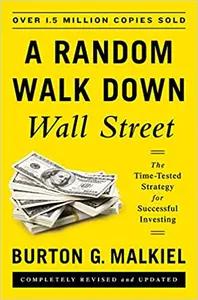A Random Walk Down Wall Street
By Burton Malkiel
Category
InvestingRecommended by
"A Random Walk Down Wall Street" by Burton Malkiel is a renowned and highly regarded investment classic that provides readers with an insightful and practical guide to navigating the world of investments and finance.
In this book, Malkiel argues that attempting to outperform the market through active trading and stock picking is not a reliable strategy for long-term investment success. He introduces the concept of a "random walk," suggesting that stock prices move randomly in the short term, making it nearly impossible to consistently beat the market.
Malkiel explores various investment vehicles, such as stocks, bonds, mutual funds, and real estate investment trusts (REITs). He emphasizes the importance of diversification, advocating for a balanced portfolio that aligns with individual goals and risk tolerance.
The author also delves into the efficient market hypothesis (EMH), explaining that in an efficient market, all available information is quickly reflected in stock prices, making it difficult to consistently gain an edge through analysis or insider information.
Malkiel challenges the notion of market-timing, highlighting the futility of trying to predict short-term market fluctuations. Instead, he suggests a practical approach of investing in low-cost, passive index funds that mirror the broader market performance.
Additional topics covered in the book include behavioral finance, retirement planning, tax-efficient investing, and strategies for managing risk.
The book's accessible language and engaging examples make it suitable for both novice and experienced investors looking to enhance their understanding of financial markets and make informed investment decisions.
In summary, "A Random Walk Down Wall Street" is an enlightening and influential book that provides readers with a comprehensive overview of investment strategies, emphasizing the benefits of a long-term, diversified, and low-cost approach to achieve financial success.
In this book, Malkiel argues that attempting to outperform the market through active trading and stock picking is not a reliable strategy for long-term investment success. He introduces the concept of a "random walk," suggesting that stock prices move randomly in the short term, making it nearly impossible to consistently beat the market.
Malkiel explores various investment vehicles, such as stocks, bonds, mutual funds, and real estate investment trusts (REITs). He emphasizes the importance of diversification, advocating for a balanced portfolio that aligns with individual goals and risk tolerance.
The author also delves into the efficient market hypothesis (EMH), explaining that in an efficient market, all available information is quickly reflected in stock prices, making it difficult to consistently gain an edge through analysis or insider information.
Malkiel challenges the notion of market-timing, highlighting the futility of trying to predict short-term market fluctuations. Instead, he suggests a practical approach of investing in low-cost, passive index funds that mirror the broader market performance.
Additional topics covered in the book include behavioral finance, retirement planning, tax-efficient investing, and strategies for managing risk.
The book's accessible language and engaging examples make it suitable for both novice and experienced investors looking to enhance their understanding of financial markets and make informed investment decisions.
In summary, "A Random Walk Down Wall Street" is an enlightening and influential book that provides readers with a comprehensive overview of investment strategies, emphasizing the benefits of a long-term, diversified, and low-cost approach to achieve financial success.
Share This Book 📚
More Books in Investing

Poor Charlie's Almanack
Charlie Munger

Antifragile
Nassim Nicholas Taleb
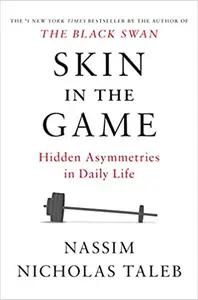
Skin In The Game
Nassim Taleb
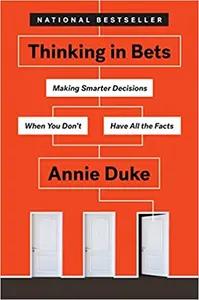
Thinking In Bets
Annie Duke
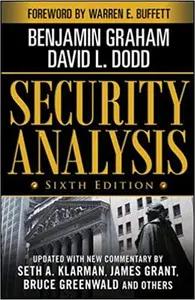
Security Analysis
Benjamin Graham
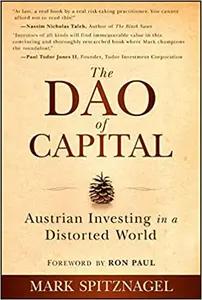
The Dao of Capital
Mark Spitznagel

The Intelligent Investor
Benjamin Graham
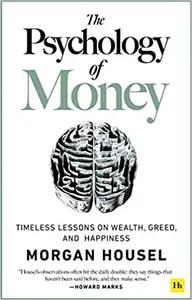
The Psychology of Money
Morgan Housel
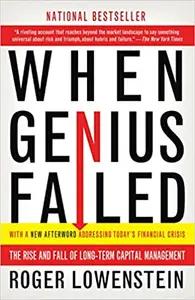
When Genius Failed
Roger Lowenstein
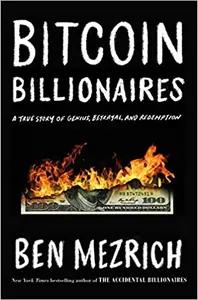
Bitcoin Billionaires
Ben Mezrich
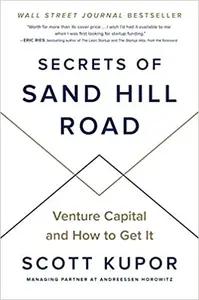
Secrets of Sand Hill Road
Scott Kupor
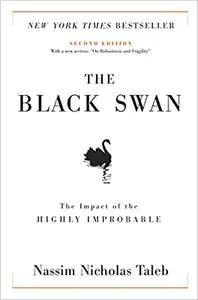
The Black Swan
Nassim Taleb
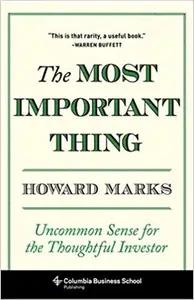
The Most Important Thing
Howard Marks
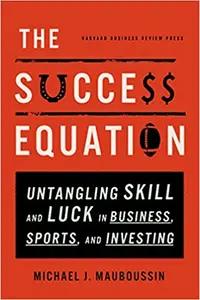
The Success Equation
Michael Mauboussin
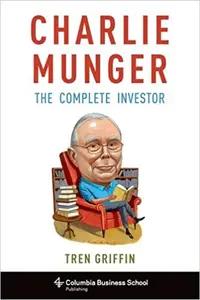
Charlie Munger
Tren Griffin
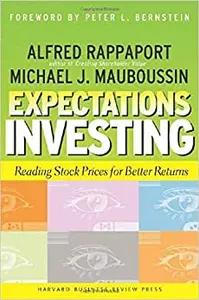
Expectations Investing
Michael Mauboussin
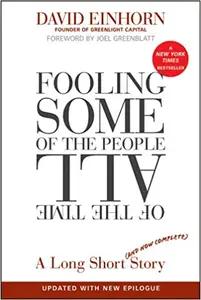
Fooling Some of the People All of the Time
David Einhorn
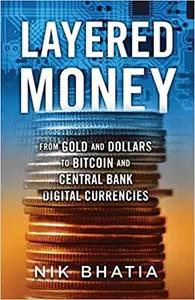
Layered Money
Nik Bhatia
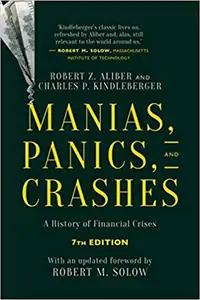
Manias, Panics, and Crashes
Robert Aliber

Market Wizards
Jack Schwager
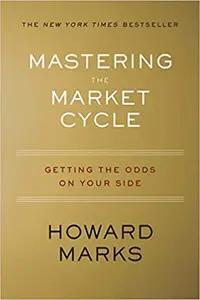
Mastering The Market Cycle
Howard Marks
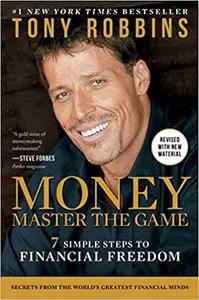
Money
Tony Robbins
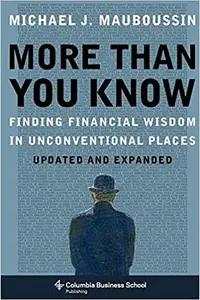
More Than You Know
Michael Mauboussin
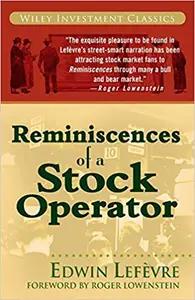
Reminiscences of a Stock Operator
Edwin Lefevre
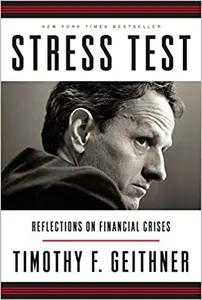
Stress Test
Timothy Geithner
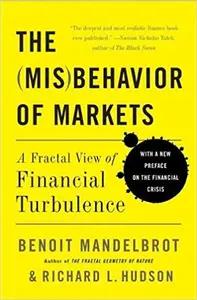
The (Mis)Behavior of Markets
Benoit Mandelbrot
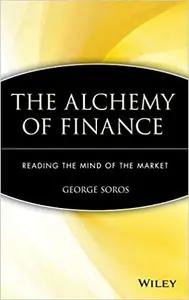
The Alchemy of Finance
George Soros
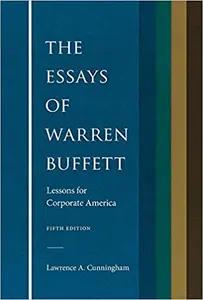
The Essays of Warren Buffett
Lawrence Cunningham & Warren Buffett
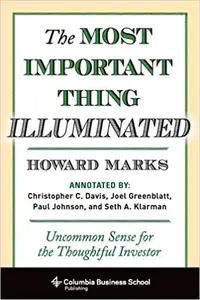
The Most Important Thing Illuminated
Howard Marks
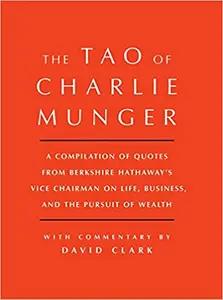
The Tao of Charlie Munger
David Clark
Popular Books Recommended by Great Minds 📚

Lying
Sam Harris
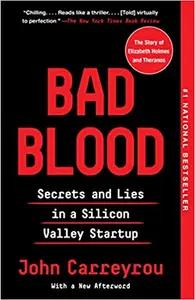
Bad Blood
John Carreyrou

The Almanack of Naval Ravikant
Eric Jorgenson

The Ride of a Lifetime
Bob Iger
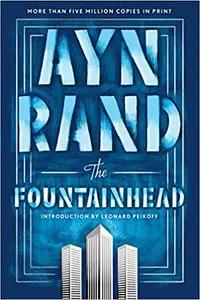
The Fountainhead
Ayn Rand

Titan
Ron Chernow

American Kingpin
Nick Bilton
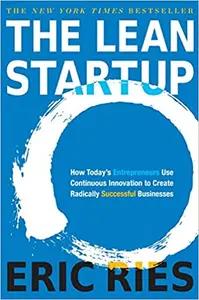
The Lean Startup
Eric Reis

The Network State
Balaji Srinivasan

The Autobiography of Benjamin Franklin
Benjamin Franklin
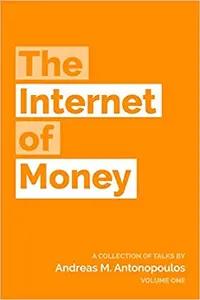
The Internet of Money Volume 1
Andreas Antonopolous

Extreme Ownership
Jocko Willink
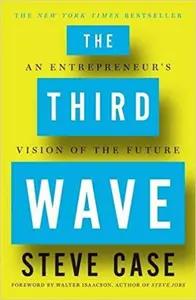
The Third Wave
Steve Case

Meditations
Marcus Aurelius

Brotopia
Emily Chang

The Prince
Nicolo Machiavelli
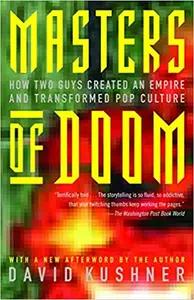
Masters of Doom
David Kushner

Can't Hurt Me
David Goggins

Destined For War
Graham Allison

Poor Charlie's Almanack
Charlie Munger
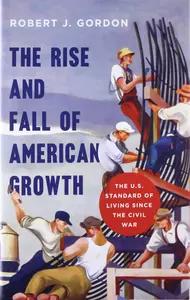
The Rise And Fall Of American Growth
Robert J. Gordon
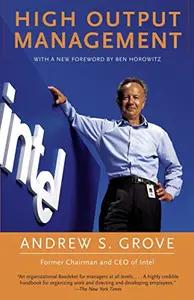
High Output Management
Andrew Grove
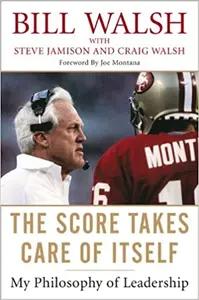
The Score Takes Care of Itself
Bill Walsh
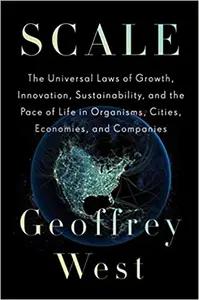
Scale
Geoffrey West
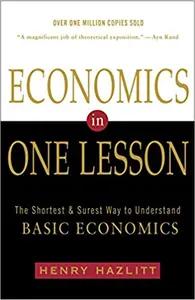
Economics in One Lesson
Henry Hazlitt
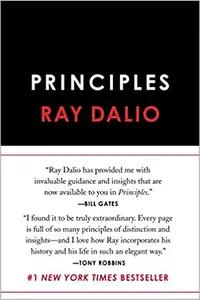
Principles
Ray Dalio
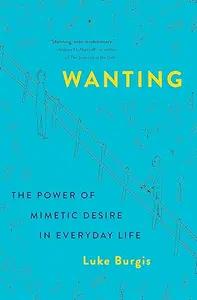
Wanting
Luke Burgis

How to Change Your Mind
Michael Pollan
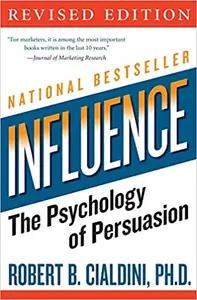
Influence
Robert Cialdini

Security Analysis
Benjamin Graham
